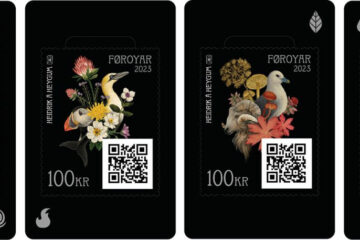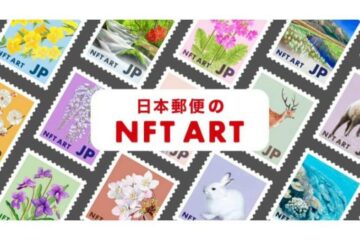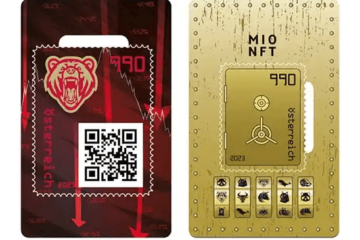In a major move towards embracing digitalization in the philatelic ecosystem, the Universal Postal Union’s (UPU) technical and operational body – the Postal Operations Council – has approved the first-ever set of recommended definitions for digital stamps, crypto stamps, and non-fungible token (NFT) stamps in 2023.
The decision, taken earlier this spring, marks a milestone in the world of philately and paves the way for innovative advancements in the postal industry.
With the rise of digital technologies, postal operators worldwide have been exploring ways to leverage innovation to enhance their performance, services, and products. Consequently, digital philatelic products have emerged, presenting a new realm and new opportunities for collectors, producers, traders, and customers.
However, this expansion has also created confusion and uncertainty among stakeholders, who require clear definitions to understand and differentiate these digital offerings. A common, standardized set of stamp classifications can resolve complexities for customers and help them to differentiate the new types of stamps, as well as their attributes, opening up new marketing opportunities in philately.
Uncertainty surrounding digital philatelic products has posed several challenges for collectors and postal operators alike. Customers often face issues such as ambiguity regarding the issuer, the physical twin of the digital item, and the implementation of blockchain technology. Some platforms, such eBay, have ceased to offer a secondary market for collectors due to lack of understanding and clear definitions of these items, leading to lost revenues for postal operators and hindering the growth and adoption of these digital items.
To address these challenges, a working group consisting of designated postal operators of Austria, Gibraltar, Liechtenstein, the Netherlands, Switzerland, Tunisia, the United Arab Emirates and the United States of America, UPU Consultative Committee member StampsDaq, the UN Postal Administration, the UPU secretariats of the World Association for the Development of Philately, the Digital Transformation and Innovation Group, and the .POST Group, as well as the Postal Innovation Platform, collaborated to develop a taxonomy for classifying crypto stamps and other stamps with digital characteristics.
Digital Stamp: Any stamp issued in a digital format by or on behalf of an issuing postal operator.
NFT Stamp: A stamp issued in a digital format, with or without a physical counterpart, by or on behalf of a designated postal operator. This stamp is an NFT collectible on a blockchain, providing innovation value for traditional and non-traditional philatelic collectors, as well as potential new audiences, including young people and digital natives.
Crypto Stamp: A physical stamp with a digital counterpart on a blockchain, issued by or on behalf of a designated postal operator. The physical stamp can be used for postal services, while its digital counterpart serves as an NFT collectible. This stamp also holds innovation value for various collector categories and new audiences.
The proposed taxonomy aims to provide all interested stakeholders with a clear understanding of digital philatelic products available today. These definitions should not restrict future innovations, but instead promote transparency for collectors and philatelists so they can participate in the healthy development of the secondary market.
Originally Published: 08.08.2023
source: https://www.upu.int/en/News/2023/August/UPU-defines-the-new-generation-of-digital-stamps


